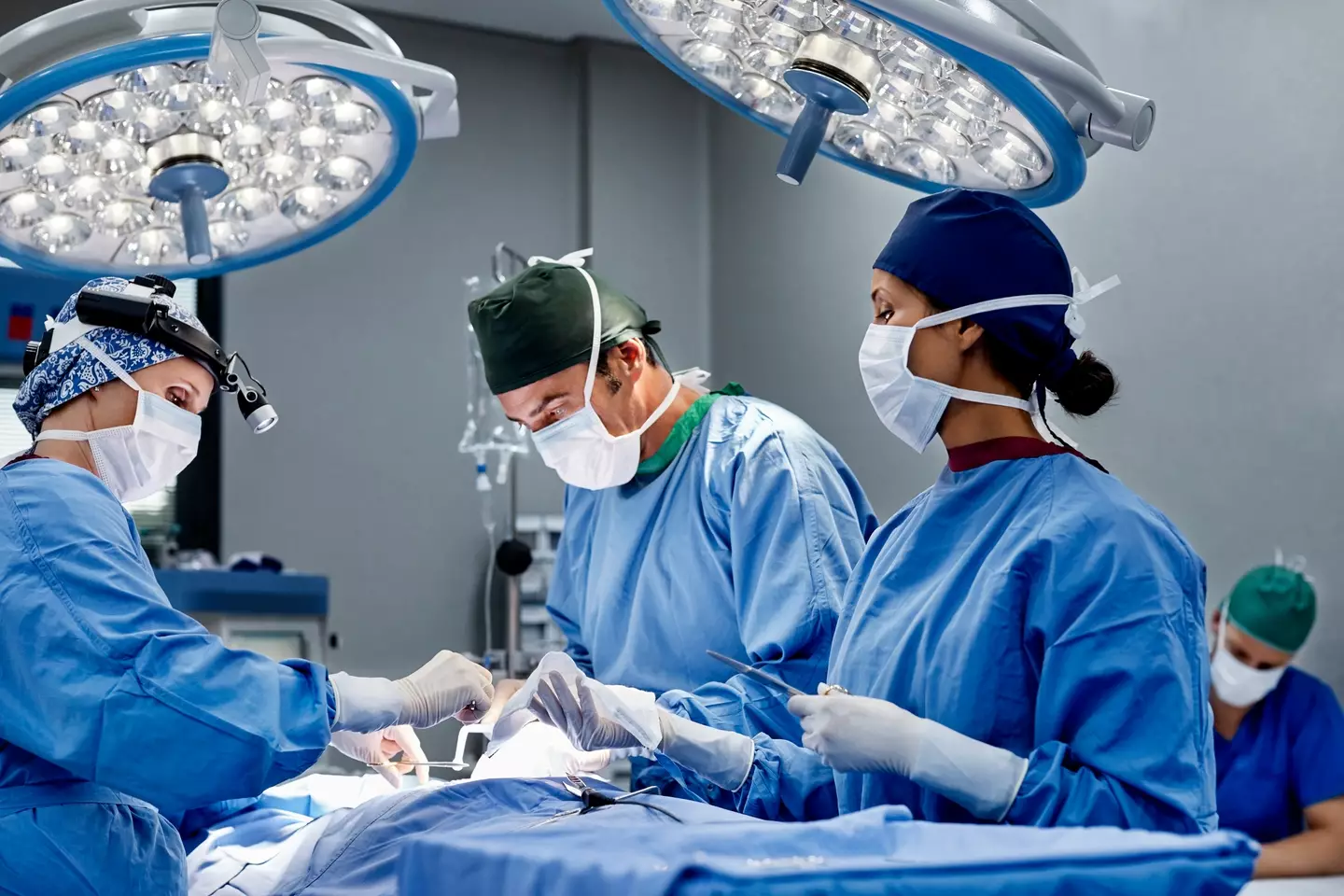“Could Your Next Organ Donation Come with Unwanted Memories? Shocking Study Explores the Mind-Bending Link Between Transplants and Donor Personalities!”
Have you ever wondered what it would be like to not just change your lifestyle, but to actually inherit new memories and hobbies? It sounds like the plot twist of a horror flick, doesn’t it? Well, hold onto your hats, because scientists are buzzing with claims that transplant patients might be receiving more than just a fresh organ. Researchers have looked into patients who report acquiring new memories, shifting emotions, and even major personality transformations post-surgery—not to mention unexpected cravings for foods they’d previously despised! From heart transplants to kidney and even facial transplants, this phenomenon is raising eyebrows and sparking conversations about the connections between our physical selves and our identities. So, what’s really going on in these strange cases? Buckle up as we delve into the eerie blend of science and mystery behind organ transplantation. LEARN MORE
In what sounds like an excellent premise for a horror film, scientists have claimed that transplant patients could gain more than just a new organ.
Researchers have been investigating after a number of people who received a new organ said they were experiencing memories, emotions and even experiencing major personality changes and new hobbies.
The patients believed the change was due to the new organ they had received.
The phenomenon was most commonly reported in heart transplant patients, but those who had received kidneys, lungs, and even faces have mentioned a change.
Patients reported a change in preferences, from food they never liked before the operation, to music taste and even sexual orientation.

Organ donor recipients have claimed to inherit emotions and personality changes (Getty Stock Photos)
In a handful of cases, some of the new preferences mirrored those of the person who donated the organ, leaving patients and their families wondering if they had inherited memories.
The report, which was published earlier this year, looked at 74 transplant cases – 23 of whom were heart transplants – over the past ten years.
Researchers referred to a sad case study where a nine-year-old boy received a heart.
The donor was three-year-old girl who drowned in her family’s pool, but the boy did not know how his donor had died. His mother said following his transplant, he suddenly became ‘deathly afraid of water’.
Elsewhere, a college professor received a heart from a police officer who killed while on duty, after being shot in the face.
The recipient reported seeing ‘a flash of light’ in front of his eyes, saying: “My face gets real, real hot. It actually burns.”
Researchers suggest the heart and the brain are linked, as the heart shares similar neurons and cells with the brain.

Researchers have suggested that there is a link between the heart and brain (Getty Stock Image)
They wrote in the research: “Emerging evidence suggests that heart transplantation may involve the transfer of the donor’s personality traits and memories to the recipient, challenging conventional views of memory and identity.
“Additionally, the heart’s neural network and bidirectional communication with the brain support the concept of heart-brain connection in memory and personality.”
Needless to say more research is required, and not all experts agree.
Scientists at McGill University in Canada say the cases are coincidence, and put any changes down to a psychological response to major surgery and recovery.
Rival research says patients who receive an organ may already be worried beforehand that they will change after it, which could lead to their own behaviour.
One patient developed a love of landscape painting after receiving a heart from a young artist who had been killed on the way to her first art showing.

Emotions, preferences and even new hobbies were reported after a transplant (Getty Stock Images)
Another case study featured a woman who changed her health preferences completely: “She was a health conscious dancer and choreographer, upon leaving the hospital she had an uncontrollable urge to go to a Kentucky Fried Chicken restaurant and order chicken nuggets, a food she never ate.
“Interestingly, uneaten Kentucky Fried Chicken nuggets were found in the jacket of the young man when he was killed.”
Elsewhere, researchers cited a 29-year-old woman who received a heart from a 19-year-old vegetarian. Following the procedure, she no longer wanted to eat meat.
The team behind the claims stress that more research is needed, saying: “Further interdisciplinary research is needed to unravel the intricacies of memory transfer, neuroplasticity, and organ integration, offering insights into both organ transplantation and broader aspects of neuroscience and human identity.”
“Understanding these complexities holds promise for enhancing patient care in organ transplantation and deepens our understanding of fundamental aspects of human experience and existence.”











